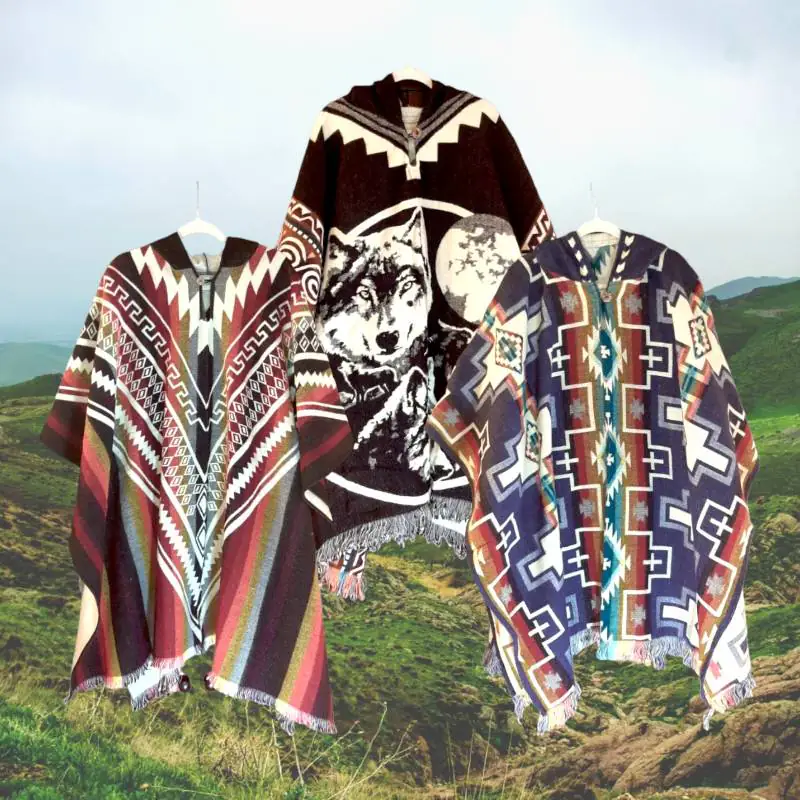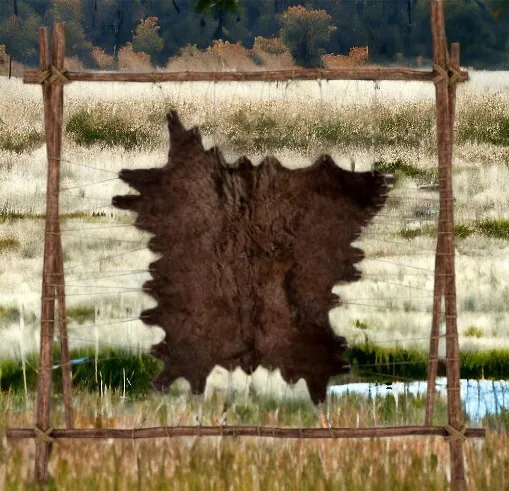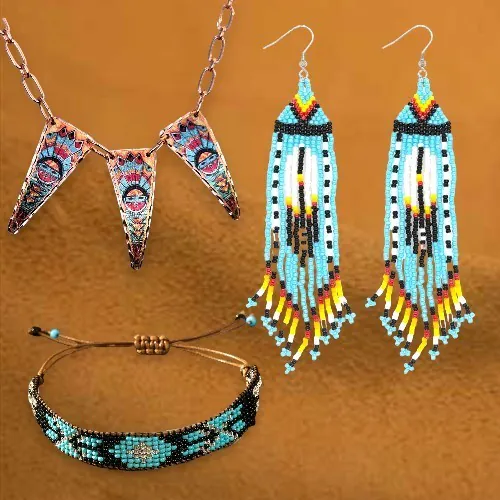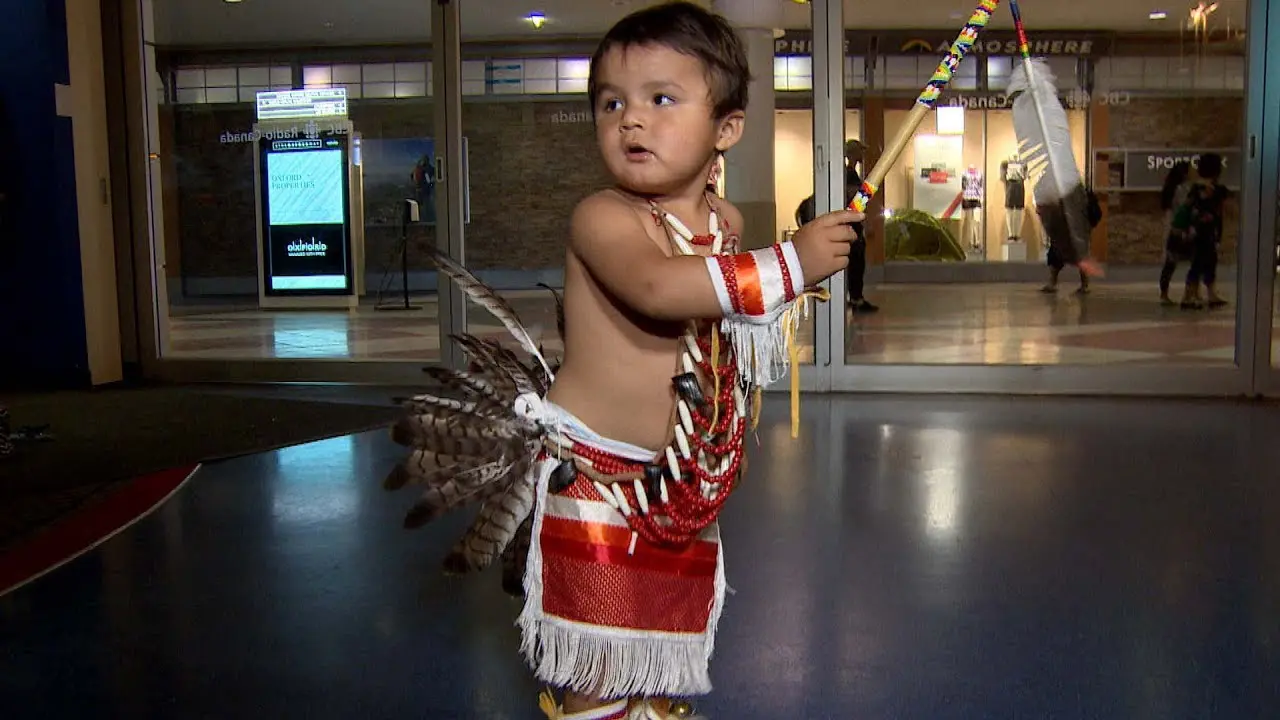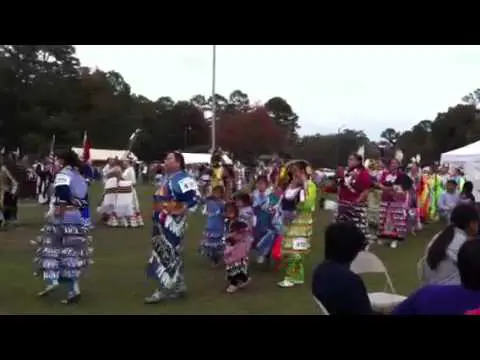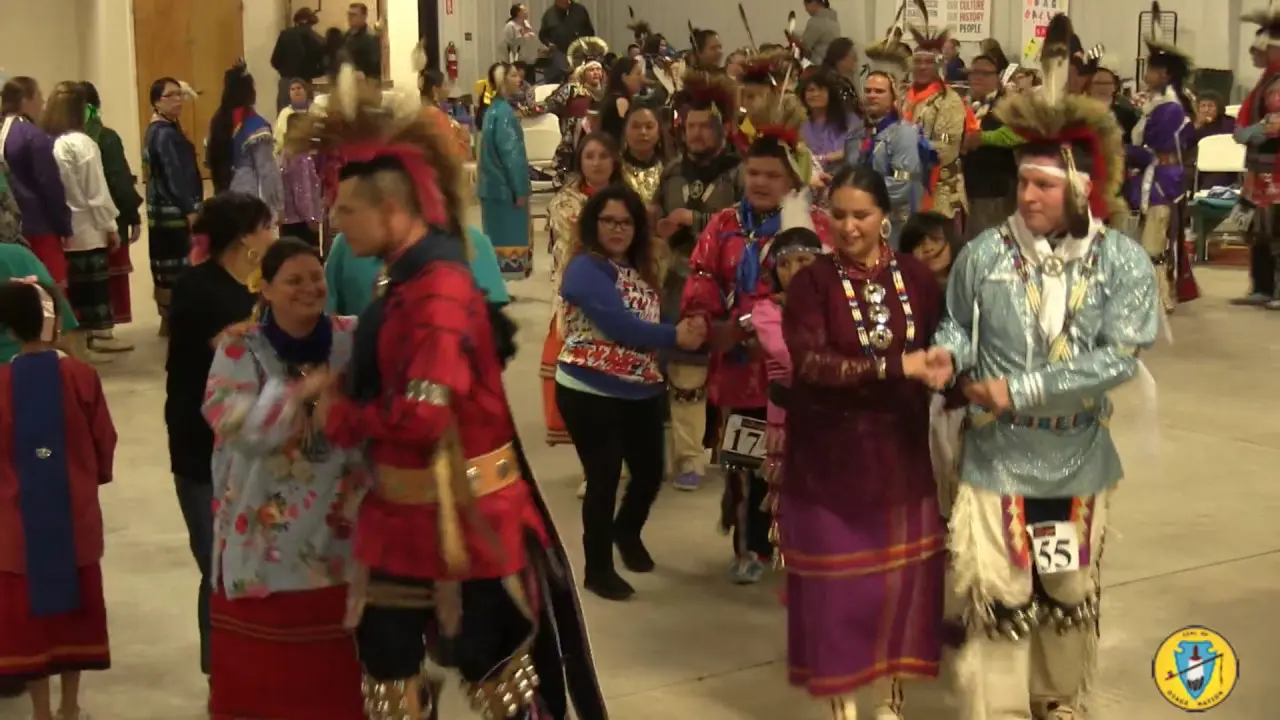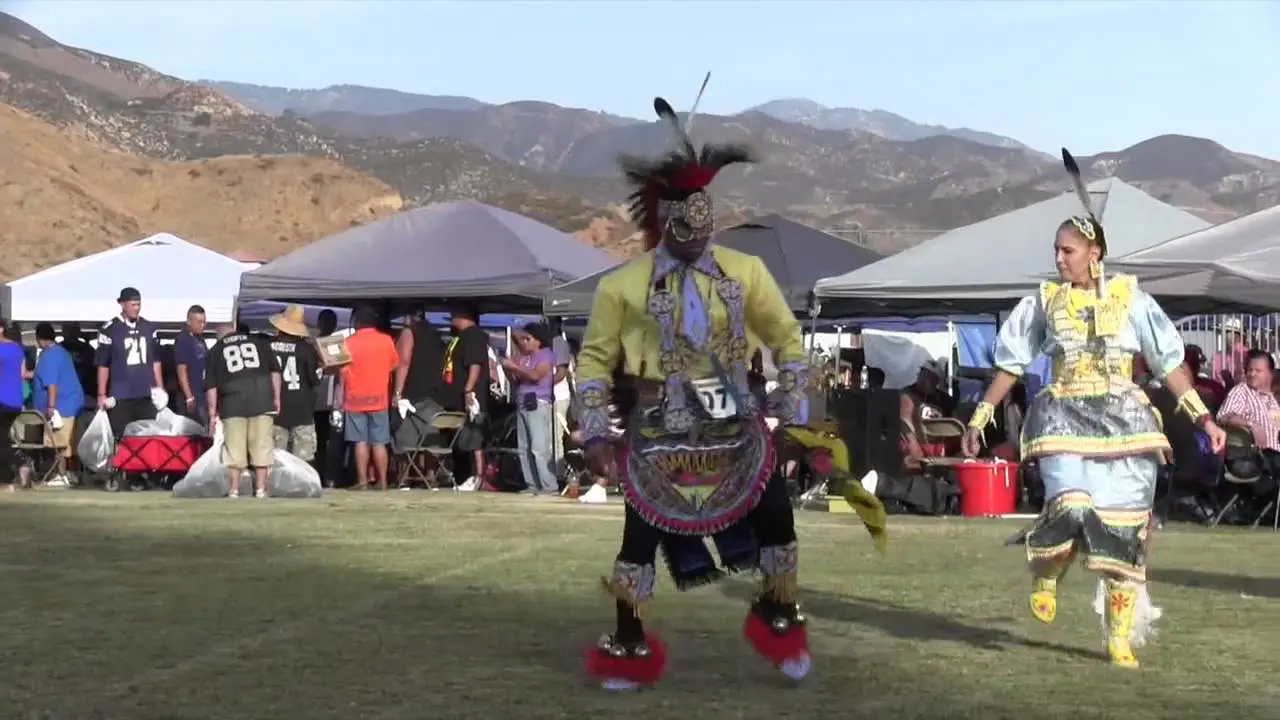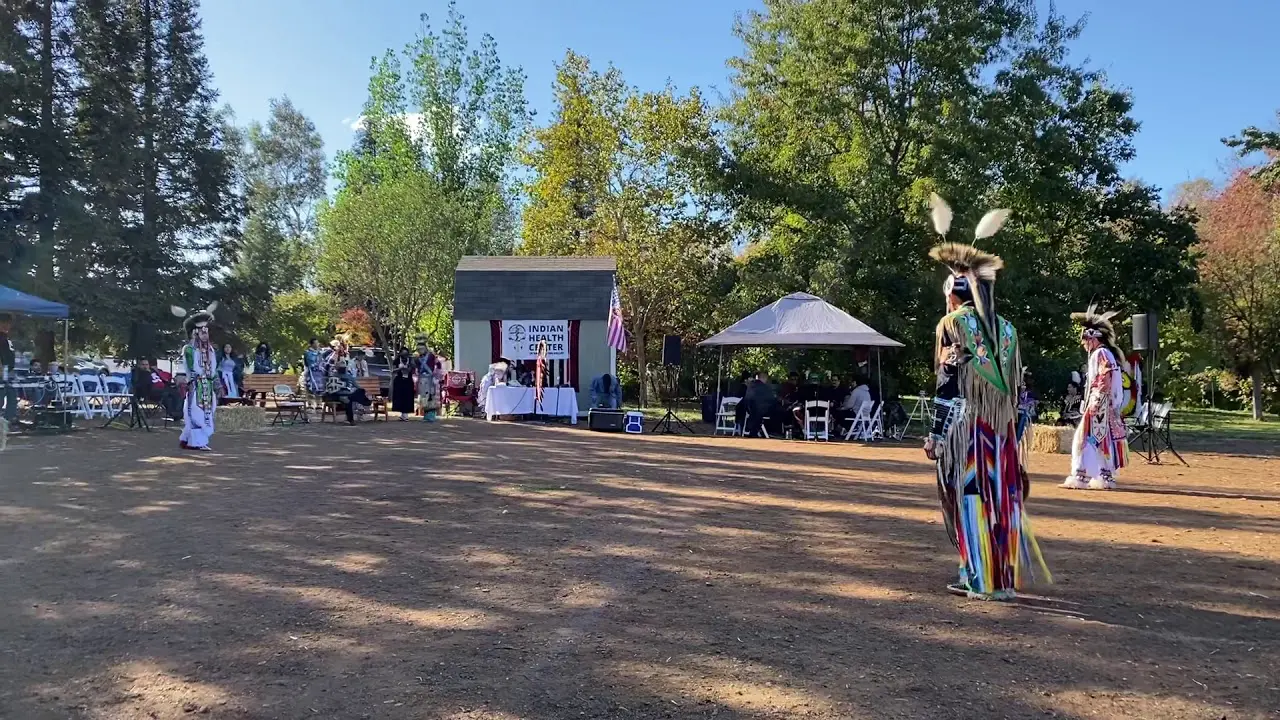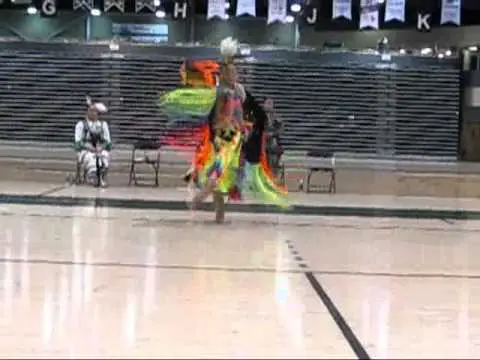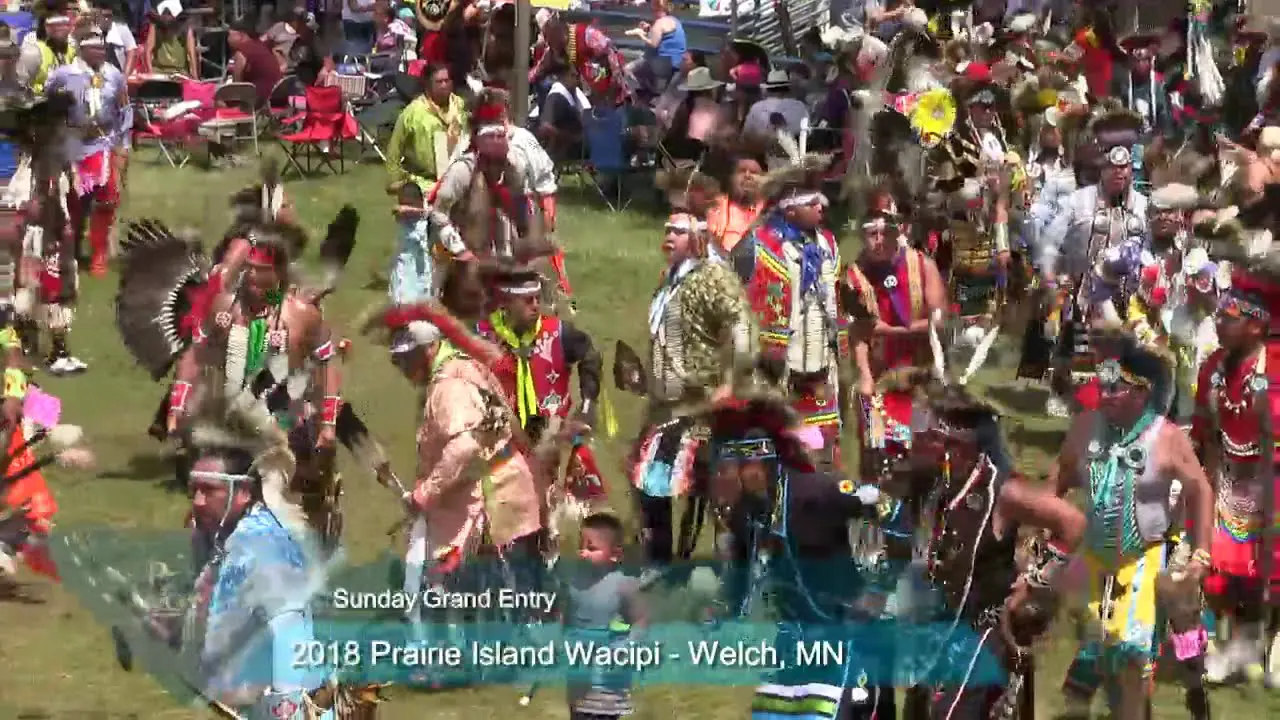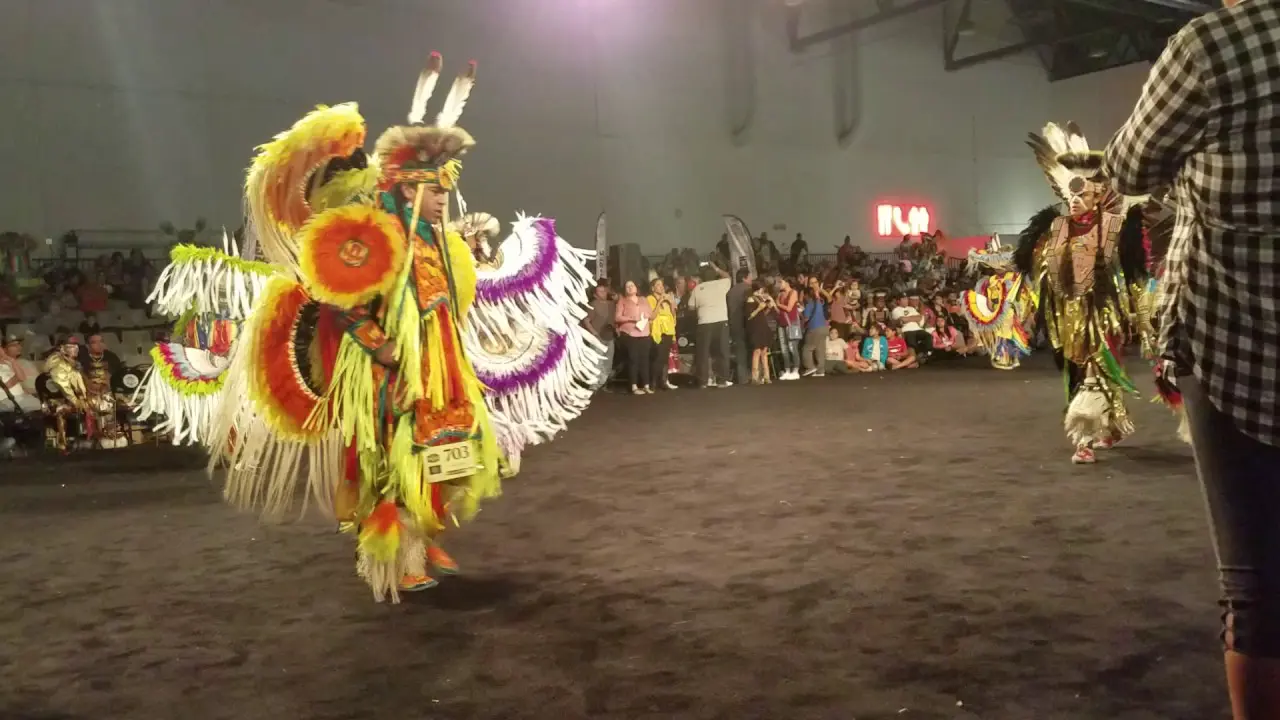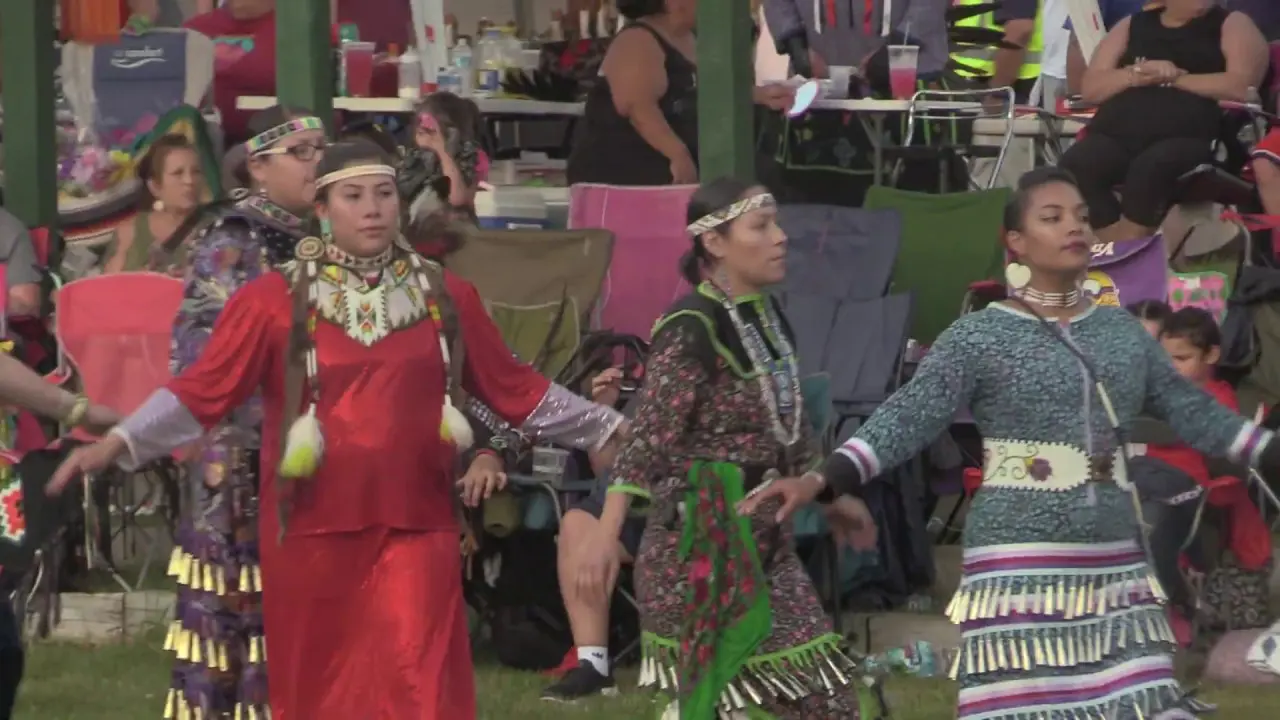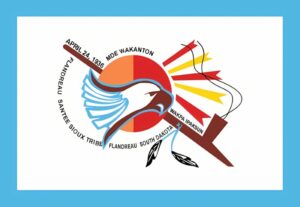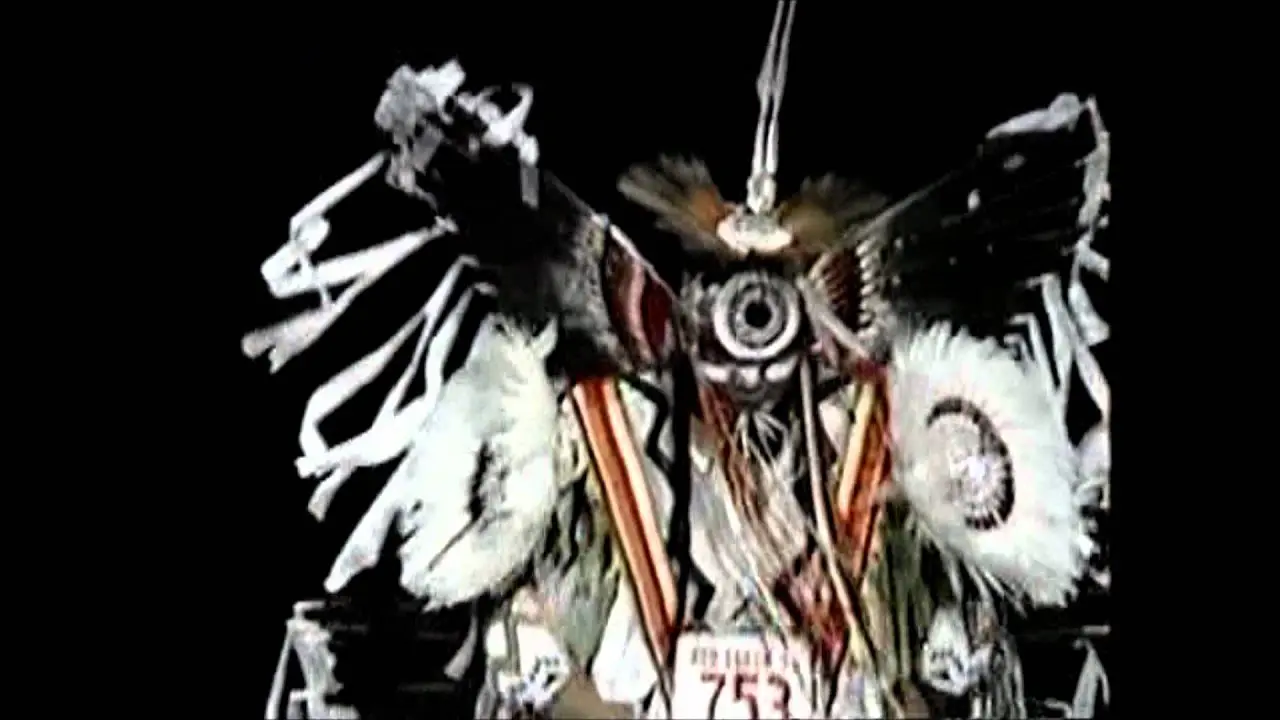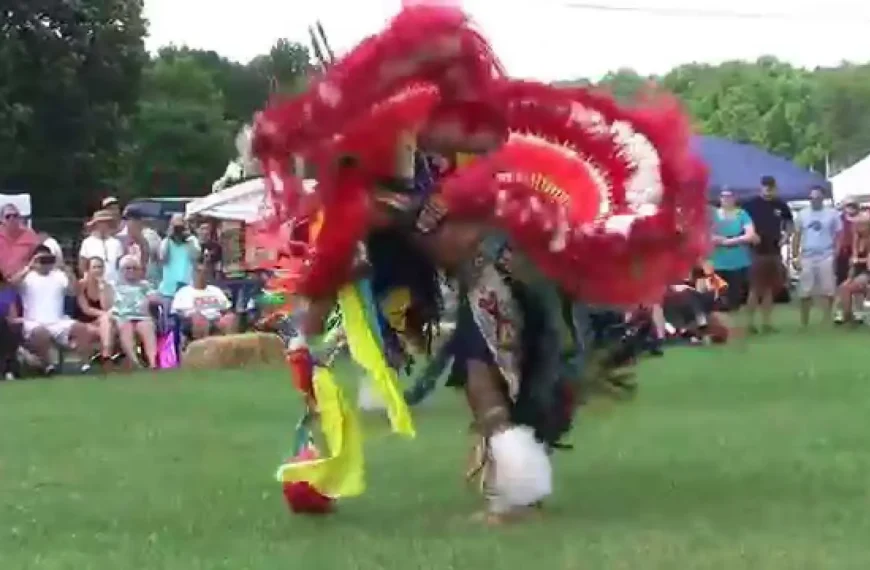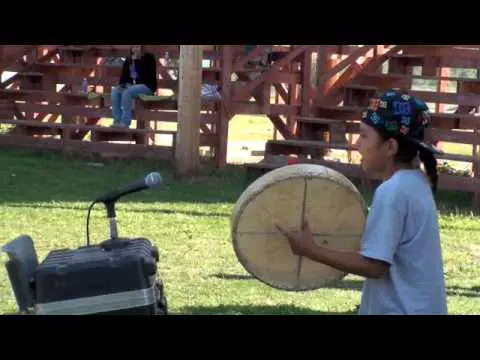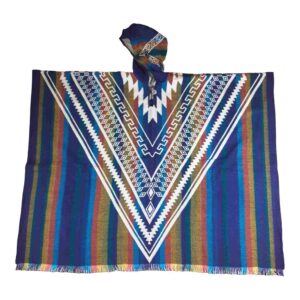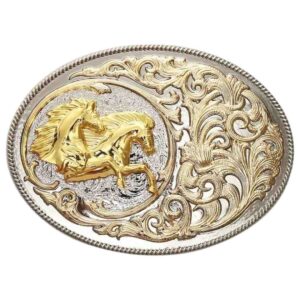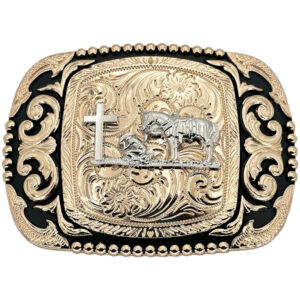Introduction to the Chicken Ranch Rancheria of Me-Wuk Indians of California
Nestled in the picturesque Sierra Nevada foothills, the Chicken Ranch Rancheria of Me-Wuk Indians of California is a vibrant and historically rich tribe that embodies the spirit and resilience of the Indigenous people of California. Recognized by the federal government, this tribe is part of the larger network of Me-Wuk groups, known for their deep connections to the land and a cultural heritage that dates back thousands of years. The Chicken Ranch Rancheria serves as a cultural hub,preserving traditional practices while also adapting to contemporary challenges.
Established in 1915, the Chicken Ranch Rancheria is situated near the charming town of Jamestown in Tuolumne County, where scenic landscapes provide a lovely backdrop for community life and tribal activities. The tribe focuses on cultural revitalization,community development,and economic sustainability,integrating their traditional values with modern initiatives. Their commitment to education, health, and social well-being showcases the tribe’s dedication to creating a prosperous future for its members while honoring its ancestral roots.
In addition to their ongoing efforts to preserve Me-Wuk culture, the Chicken Ranch Rancheria is also known for its successful ventures in gaming and hospitality, providing economic opportunities that benefit the entire tribe. These businesses not only support local economies but also enable the tribe to fund essential services for its members.
As you explore the Chicken Ranch Rancheria of Me-Wuk Indians of California, you will discover a community rooted in tradition, dedicated to cultural preservation, and committed to fostering a brighter future for generations to come. Whether you are interested in learning about their rich history, participating in cultural events, or discovering their economic enterprises, the Chicken Ranch Rancheria invites you to share in their vibrant journey.
Origin Of The People
The origin of the people of the Chicken Ranch Rancheria of Me-Wuk Indians of California is deeply entwined with the rich cultural tapestry of California’s indigenous communities. The Me-Wuk, or Miwok, people historically inhabited the Sierra Nevada foothills and the western Sierra region, primarily in present-day Tuolumne County. Their ancestral lands were marked by lush landscapes that provided ample resources for sustenance, including acorns, berries, and fish.
Traditionally,the Me-Wuk were skilled in subsistence farming,hunting,and gathering,revealing a profound connection to their environment. The tribe’s name, “Miwok,” is derived from a Native term meaning “people,” reflecting their identity and communal spirit. The Chicken Ranch Rancheria specifically emerged as a formal recognition of this heritage, providing a space where descendants could continue their traditions and cultural practices.
Despite the numerous challenges faced through colonization, including land loss and cultural suppression, the Me-Wuk people of the Chicken Ranch Rancheria have persevered, working diligently to preserve their language, customs, and ceremonies. The community is a vibrant testament to resilience, playing a crucial role in maintaining the rich history of California’s Native peoples. Today, the Chicken Ranch Rancheria is involved in revitalizing cultural practices, engaging younger generations in traditional arts, and fostering community solidarity.
This focus on cultural preservation not only honors their ancestors but also contributes to the broader narrative of indigenous identity and heritage in California, showcasing the ongoing journey of the Me-Wuk people as they navigate contemporary challenges while upholding their storied past.
Tribal Homelands
The Chicken Ranch Rancheria of Me-Wuk Indians is located in the heart of California, specifically in Tuolumne County, near the historic Sierra Nevada foothills.The tribe’s homelands encompass a rich tapestry of natural resources and cultural heritage, reflecting their deep-rooted connection to the land. Historically, this area is characterized by rolling hills, lush forests, and abundant wildlife, which provided the Me-Wuk people with a diverse array of food sources and materials for shelter and crafts.
The tribe’s ancestral territory traditionally extended across what is now known as Central California, including regions filled with oak trees, rivers, and streams that were vital for fishing and gathering. With a focus on sustainable practices, the Me-Wuk of the Chicken Ranch Rancheria have nurtured a profound respect for the environment, leading to techniques that honor the cycles of nature. Historically, the Me-Wuk people held gathering events that celebrated the seasonal abundance of acorns, berries, and game, reinforcing their communal ties and cultural traditions.
Today, the Chicken Ranch Rancheria maintains meaningful cultural and environmental projects aimed at preserving their heritage while promoting the ecological health of their lands. This commitment to stewardship ensures that ancestral practices are not forgotten, and the tribe continues to educate future generations about the importance of their homelands. The revitalization of traditional ceremonies and community gatherings further fortifies their identity and connection to the land they have lovingly inhabited for millennia.
Visitors to the region can engage with the unique aspects of Me-Wuk culture through various programs and events organized by the Chicken Ranch Rancheria, allowing them to experience the vibrant living heritage that originates from their cherished homelands. This ongoing connection to their environment symbolizes the resilience and enduring spirit of the Chicken Ranch Rancheria of Me-Wuk Indians as they continue to thrive in today’s world.
Interactions With Settlers
The Chicken Ranch Rancheria of Me-Wuk Indians, located in California, has a complex history of interactions with settlers that showcases both positive and negative dimensions.
On the positive side, the tribe and settlers have engaged in various cooperative ventures. One significant aspect of this interaction is the shared agricultural practices that emerged in the region. Early settlers recognized the agricultural expertise of the Me-Wuk people and often sought their knowledge about local crops and sustainable farming methods. This collaboration not only enriched the agricultural output of the area but also fostered mutual respect and understanding between the two communities.
Additionally, the Chicken Ranch Rancheria has welcomed cultural exchange initiatives over the years, creating platforms for settlers to learn about Me-Wuk traditions, language, and heritage. Events such as cultural festivals and educational programs have facilitated dialog, enhancing community relationships and promoting thankfulness for the tribe’s rich history.
Though, the interactions between the Chicken Ranch Rancheria and settlers have not always been harmonious. Historically, the encroachment of settlers on Me-Wuk lands led to significant loss of territory and resources for the tribe. The Gold Rush era was particularly detrimental, as it accelerated the displacement of the Me-Wuk people and contributed to a decline in their traditional ways of life. This period marked a deep sense of trauma and loss, as settlers often disregarded the tribe’s land rights and cultural significance of the areas they inhabited.Moreover, tensions arose due to differing perspectives on land use and environmental management. Where settlers saw opportunities for economic development, the Chicken Ranch Rancheria viewed these lands as sacred and integral to their cultural identity. These conflicting viewpoints have sometimes resulted in legal battles and ongoing disputes over land usage, culminating in lasting scars on both communities.
Despite these challenges, the Chicken Ranch Rancheria of Me-Wuk Indians remains committed to fostering understanding and cooperation. Striving for reconciliatory interactions, the tribe has engaged in community outreach to heal ancient grievances and promote a shared future. Through these efforts, the experience of the Chicken Ranch Rancheria encapsulates a narrative of resilience, adaptation, and hope amidst a backdrop of complex settler relationships.
Most Notable Events In Their Tribal History
The Chicken Ranch Rancheria of Me-Wuk Indians of California has a rich and complex history characterized by resilience and cultural preservation. One of the most notable events in their tribal history is the establishment of the tribal government in 1983, which marked a significant step towards self-determination and self-governance. This event allowed the Chicken Ranch Rancheria to regain a degree of political autonomy, enabling them to manage their affairs and advocate for their community’s needs.
Another pivotal moment came in 1996 when the tribe was officially recognized by the federal government after a long and arduous process of seeking acknowledgment. This recognition was crucial not only for the Chicken Ranch Rancheria’s sovereignty but also for accessing federal services and funding, allowing for vital community development and cultural programs.
In the realm of economic development, the establishment of the Chicken Ranch Casino in 2004 was a landmark event for the tribe. The casino has become a critical source of revenue, providing employment opportunities and funding for various community initiatives, including health and education programs for tribal members. This development also reinforced the vital connection between the tribe’s heritage and contemporary economic strategies.
Cultural preservation has been another significant focus for the Chicken Ranch Rancheria. In 2017, the tribe held a significant cultural event aimed at revitalizing traditional arts, language, and practices, drawing participation from members and the broader community.This event highlighted the tribe’s commitment to maintaining their unique identity while engaging younger generations in their rich Me-Wuk heritage.
Throughout the years, the Chicken Ranch Rancheria has faced and overcome challenges, including issues related to land rights and maintaining their cultural practices in the face of external pressures. The tribe’s ongoing efforts to educate the public about their history and traditions further signify their commitment to preserving their identity.
These events collectively illustrate the resilience of the Chicken Ranch Rancheria of Me-Wuk Indians of California. Their journey reflects a broader narrative of Indigenous perseverance and revitalization,highlighting the importance of community,culture,and self-governance in shaping their future.
Where Are Their Tribal Lands Now And How Were They Established
The Chicken Ranch Rancheria of Me-Wuk Indians of California tribe is located in Tuolumne County, near the historic gold mining town of Jamestown.The tribal lands encompass approximately 12 acres of trust land, which were established through a series of legal and historical developments that reflect both the resilience and determination of the tribe.
The establishment of the Chicken Ranch Rancheria can be traced back to the late 19th century, when the Me-Wuk people faced displacement due to westward expansion and mining activities that disrupted their traditional way of life. During the 1950s, the federal government initiated a termination policy that aimed to dissolve tribal sovereignty and assimilate Native Americans into American society. This led to significant loss of land and resources for many tribes,including the Me-Wuks.
In the 1970s, the Chicken Ranch Rancheria began to rebuild its recognition and establish its rightful lands through the support of federal legislation that aimed to reverse the damages caused by the termination era.In 1983, the tribe successfully gained federal recognition, which was a crucial step towards restoring their tribal lands. This recognition allowed the Chicken Ranch Rancheria to pursue the establishment of a tribal trust, enabling them to regain a small portion of their ancestral territory.
Today, the Chicken Ranch Rancheria is engaged in various cultural, social, and economic development initiatives to revitalize their community and preserve their heritage. The tribe operates a casino and other enterprises that contribute to the local economy, helping to provide jobs and support tribal members. The Chicken Ranch Rancheria remains committed to the stewardship of their land and the ongoing preservation of Me-Wuk traditions, culture, and community well-being.
Modern Concerns Of The Tribe
The Chicken Ranch Rancheria of Me-Wuk Indians, located in California, faces several modern concerns that intersect with cultural preservation, economic development, and environmental sustainability. One significant issue is the tribe’s ongoing efforts to balance development with the preservation of their ancestral lands and cultural heritage. As they navigate opportunities for economic growth, including potential gaming ventures and tourism, preserving their unique identity and traditions remains a priority.
Another pressing concern for the Chicken Ranch Rancheria is the impact of climate change on their natural resources. Many tribal members rely on traditional practices that are closely tied to the land, making it essential to address environmental challenges such as water scarcity, wildfires, and biodiversity loss. The tribe actively engages in conservation efforts and sustainable practices to protect their resources for future generations, demonstrating a commitment to environmental stewardship.
Additionally, healthcare access is a critical concern for the Chicken Ranch Rancheria community. Like many Indigenous populations, members often face disparities in health services. The tribe works towards improving healthcare infrastructure and resources, addressing issues such as mental health support and substance abuse, which have affected many rural communities.
Social and economic inequalities also prompt significant discussions within the tribe. Efforts are being made to enhance education and employment opportunities, empowering tribal members to achieve self-sufficiency and success. The Chicken Ranch Rancheria operates various programs aimed at skill development and job training, fostering a sense of community resilience.
Moreover, the tribe is increasingly focused on building partnerships with other Indigenous nations and organizations. Collaborative efforts can amplify their voice in political discussions, advocate for civil rights, and strengthen their role in policymaking related to tribal sovereignty and land rights.
By addressing these contemporary concerns, the Chicken Ranch Rancheria of Me-Wuk Indians strives to forge a sustainable path that honors its rich history while adapting to the challenges of the modern world.
Events And Other Social And Political Activities
The Chicken Ranch Rancheria of Me-Wuk Indians of California is an active participant in various social and political activities that reflect its commitment to cultural preservation, community empowerment, and tribal sovereignty. The tribe frequently hosts events aimed at celebrating its rich heritage, which includes traditional dance performances, art shows, and educational workshops that engage both tribe members and the broader community. These gatherings not only highlight the unique cultural identity of the Me-Wuk people but also foster inter-tribal friendships and collaborations.
Along with cultural celebrations, the Chicken Ranch Rancheria is involved in advocacy efforts that address contemporary challenges facing Native American communities. They participate in regional and national conferences focusing on issues such as land rights, environmental stewardship, and economic development. These events provide invaluable platforms for the tribe to voice its concerns and share insights on effective strategies for success and sustainability.
Moreover, the tribe actively engages in partnerships with local organizations and governmental agencies to promote health and wellness within the community. Initiatives such as health fairs, educational seminars, and youth mentorship programs aim to improve access to resources and services. These collaborations reinforce the tribe’s commitment to the well-being of its members and demonstrate a proactive approach to addressing public health challenges.
Through these varied social and political activities, the Chicken Ranch Rancheria of Me-Wuk Indians of California exemplifies a vibrant and resilient community that honors its past while looking towards a sustainable future.Whether through cultural expressions, advocacy, or community outreach, the tribe continues to strengthen its presence and influence both locally and beyond.




